detail profile pedro beltr c3 a1n
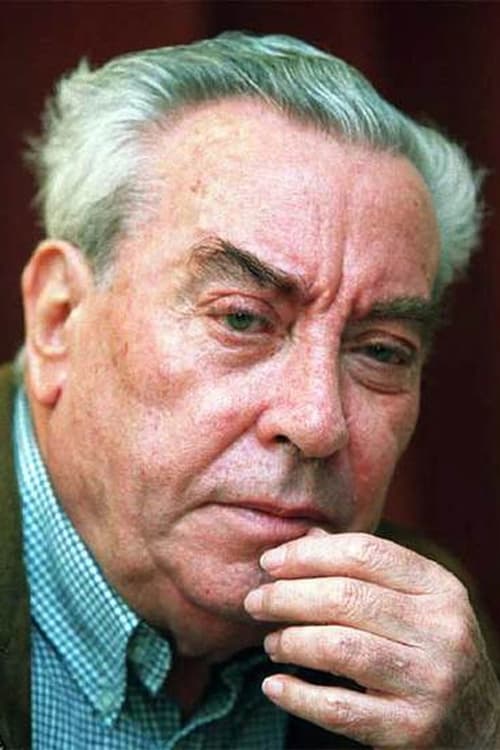
Pedro Beltrán
Pedro Beltran
atau dikenal sebagai
Peran Yang Di Mainkan Pedro Beltrán
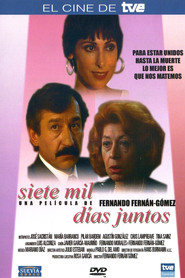 Petra and Matthias are a bad...
Petra and Matthias are a bad...Long Life Together 1995
Petra and Matthias are a bad marriage. He works as a janitor at the school of anatomy. Petra has a bitter and uncompromising character, so that their discussions with Matthias are constant, but she is careful not to ever lift his voice. He, however, does not care who tell and shouts without hesitation. The neighbors, who are some gossips are at the end of the street everything that happens in the house of Petra and Matthias.
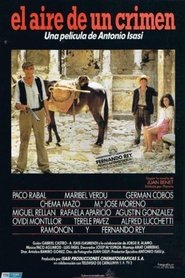 Spain 1950s The corpse of an...
Spain 1950s The corpse of an...Scent of a Crime 1988
Spain, 1950s. The corpse of an unknown person appears in the town square of Bocentellas, within the mythical territory of Región. The inhabitants will ask for help to Captain Medina, young officer in command of a nearby military fort, until the arrival of the judge.
 During the Spanish Civil War a...
During the Spanish Civil War a...The Heifer 1985
During the Spanish Civil War a platoon of mismatched Republican soldiers cross the front-line to steal the bull that the enemy is going to fight on the local holiday of the nearby village. In addition to ruining the Nationalist faction's celebration they want the animal in order to butcher it and feed their famished troops. They get caught in the process and have to go through a series of funny and pathetic incidents before they can get back to their side.
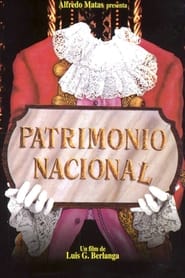 After the death of General Franco...
After the death of General Franco...National Heritage 1981
After the death of General Franco, the Leguineche family leaves their estate of Los Tejadillos, where they have remained for decades in voluntary exile, with the purpose of returning to Madrid to actively participate in the social events of the aristocracy and to get closer to the closest circle of the Spanish monarch. The obsession of the old marquis is centered on getting in touch with the most illustrious surnames, to ascend socially and to resume the pomp and courtly life that his family lost a long time ago. To this end, he decides to move into an old palace he owns, located in the center of the capital, but not before overcoming the difficulties posed by his wife, who deeply hates both her husband and her son. To regain control of the palace, the Marquis of Leguineche tries to handicap his wife, arguing an incurable mental illness, and then undertake a reform of the place in order to adapt it to aristocratic life.
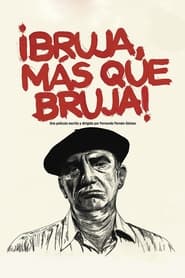 A small provincial town lives under...
A small provincial town lives under...¡Bruja, más que bruja! 1977
A small provincial town lives under the caprices of Don Justin, the local cacique. This forces the young Mariana to marry him, taking advantage of the fact that her nephew Juan, the boyfriend of the girl, is far away from military service. Upon his return, Juan is mocked and goes to a witch to assist him in his revenge.
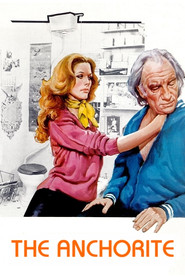 Eleven years ago Fernando Tobajas a...
Eleven years ago Fernando Tobajas a...The Anchorite 1976
Eleven years ago Fernando Tobajas, a man of a certain age, decided to live in the bathroom, in which he created a small apartment, and never leaves it. Tobajas has given up everything except vanity, and his contacts with the world are reduced to visits from friends and messages sent through the toilet inside aspirin tubes in the hope that someone will receive them and know about his existence. Arabel Lee, a beautiful girl, finds one of those messages.
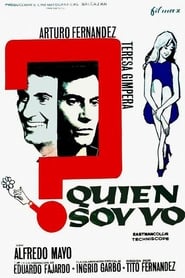 Mario Colomer prime minister is burdened...
Mario Colomer prime minister is burdened...¿Quién soy yo? 1970
Mario Colomer, prime minister, is burdened by overwork. His problems seem solved when his assistants tell him about Juan Brandel, a possible substitute, just like him physically, but with a funnier and more adventurous personality. At first the plan seems to work and the politician begins to gain popularity. The plot thickens when the 'original' becomes jealous of the 'copy' and the substitute exceeds his functions.
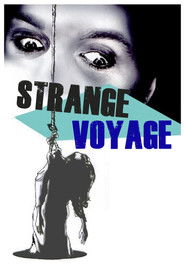 In a small town near Madrid...
In a small town near Madrid...Strange Voyage 1964
In a small town near Madrid, Paquita and her brother Venancio, both single and with a childish personality, live under the shadow of their bossy older sister, Ignacia, a grumpy old maid.
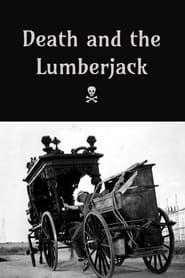 An organ grinder called El Rubio...
An organ grinder called El Rubio...Death and the Lumberjack 1963
An organ grinder called “El Rubio” has the crank of his street organ confiscated because he did not have his identification papers in order. From then on, a journey full of misfortune begins in which he tries hard to find a crank like the impounded one, to allow him to work again.
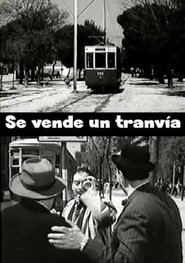 This excellent short film written by...
This excellent short film written by...Streetcar for Sale 1959
This excellent short film written by the magnificent filmmaker duo of Luis García Berlanga and screenwriter Rafael Azcona was to be part of a series entitled Los Pícaros (The Rogues) which was never continued. These two artists were responsible for such masterpieces of Spanish cinema as Plácido and El verdugo (The Executioner). Here, Berlanga and Azcona collaborated for the first time, setting the stage for the post-war "Berlanguiana" vision that would develop. José Luis López Vázquez plays Julián, a seedy swindler, who with his cronies tries to sell a streetcar to a rich but naive farmer, a newcomer to the city. High jinx ensue. With this film begins the great stage of Berlanga's filmmaking in which he mixes a little social criticism and notes of anti-clericalism with a great deal of farce.
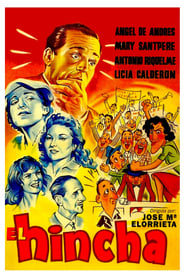 A passionate football player complicates the...
A passionate football player complicates the...El hincha 1958
A passionate football player complicates the life of his family driven by his passion. Enthusiastic, fanatic, and passionate, the fervor of football runs through the blood of the main character as if it were a matter of life and death. Raised in an atmosphere of football art supporters, the young man organizes his life around this sport. The comedy is understood as a portrait of the world of football, from the point of view of day to day that passes the protagonist fan.
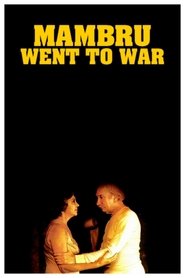 After the death of dictator Francisco...
After the death of dictator Francisco...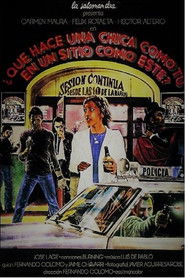 Persecuted by her controlling exhusband Rosa...
Persecuted by her controlling exhusband Rosa... Juanito a peaceful fan of bullfighting...
Juanito a peaceful fan of bullfighting...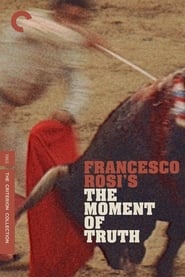 Miguel a poor young man living...
Miguel a poor young man living...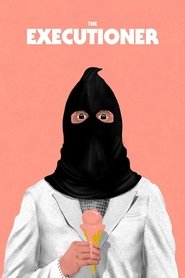 An undertaker gets married to an...
An undertaker gets married to an... One unlucky day a married couple...
One unlucky day a married couple...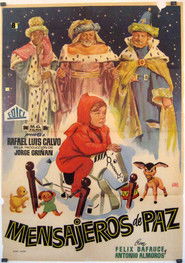 Try the descent to Earth specifically...
Try the descent to Earth specifically...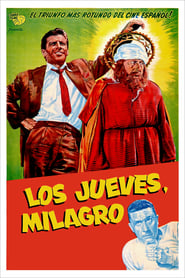 In Fontecilla a Spanish village in...
In Fontecilla a Spanish village in... Professor Hamilton a naive Nuclear scientist...
Professor Hamilton a naive Nuclear scientist...